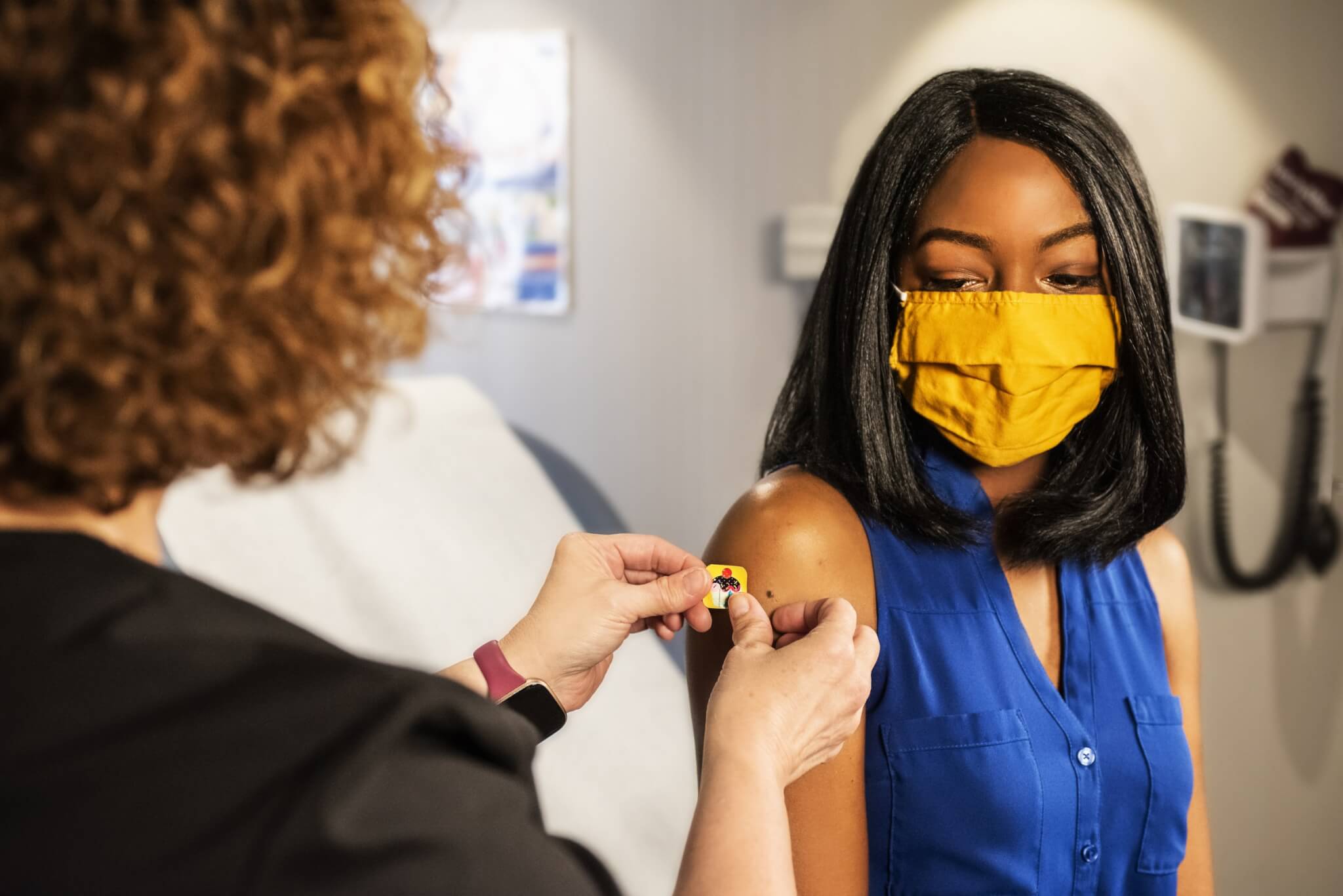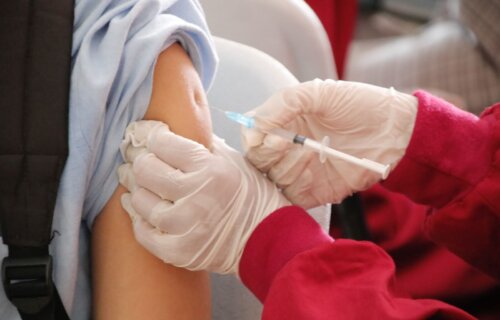DURHAM, N.C. — A single vaccine developed by Duke University scientists is offering protection against multiple strains of the coronavirus. Their findings unveil a single nanoparticle vaccine that has proven effective in protecting mice against not one, but three distinct coronaviruses, marking a promising stride toward a universal coronavirus vaccine.
This innovative vaccine is an evolution of a previous vaccine that demonstrated its ability to shield both mice and primates against various variants of SARS-CoV-2, the virus responsible for COVID-19. In their latest study, Duke researchers expanded the vaccine’s scope to provide protection against SARS-CoV-1, another member of the SARS coronavirus family that poses a threat to humans, and MERS coronavirus, known for causing sporadic and lethal outbreaks worldwide.
“We are making important progress toward a broadly protective coronavirus vaccine,” says study senior author Dr. Kevin O. Saunders, associate director of the Duke Human Vaccine Institute, in a university release. “These are pathogens that cause or have the potential to cause significant human infections and loss of life, and a single vaccine that provides protection could slow down or even prevent another pandemic.”

The key to this tri-valent vaccine lies in its utilization of a nanoparticle loaded with a crucial fragment known as the receptor binding domain from each of the coronaviruses. This fragment, essentially a docking site on the virus that enables it to infiltrate the body’s cells, furnishes immune cells with enough information to mount an effective defense against real coronaviruses when they enter the body.
Prior studies on mice and primates have already demonstrated the effectiveness of an earlier iteration of this nanoparticle vaccine against various SARS-CoV-2 variants. Human trials for an updated version carrying immunogens targeting different SARS-CoV-2 strains, including those that have emerged since the initial outbreak in late 2019, are slated for the coming year.
In their latest work, researchers expanded the vaccine’s components to include an additional SARS-related virus and MERS virus. Through laboratory investigations and tests on mice, they confirmed that the vaccine candidate induced the production of inhibitory immune molecules known as antibodies against all three pathogenic human coronavirus types.
The vaccinated mice remained healthy when exposed to either SARS-like or MERS-like viruses, underscoring the vaccine’s potential effectiveness.
“This study demonstrates proof-of-concept that a single vaccine that protects against both MERS and SARS viruses is an achievable goal,” explains Dr. Saunders. “Given that one MERS and two SARS viruses have infected humans in the last two decades, the development of universal coronavirus vaccines is a global health priority.”
The study is published in the journal Cell Reports.
You might also be interested in:
- Super immunity in bats may pave the way for COVID and cancer cures!
- Flu vaccine candidate may provide universal protection against influenza strains
- Vaccinations have saved more than 10 million lives since 1962

